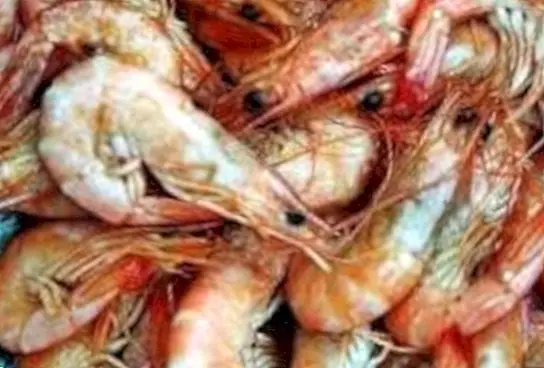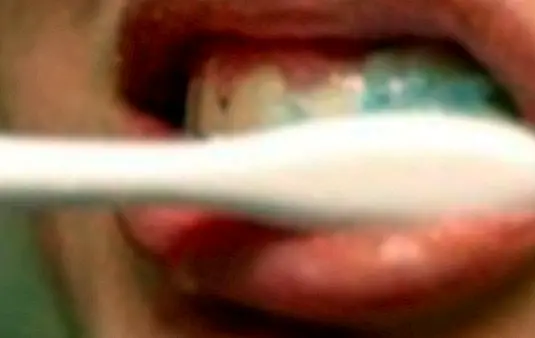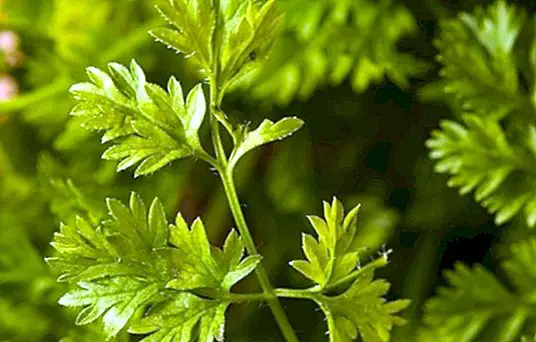How to treat childhood obesity at home

Currently we know that the childhood obesity It is one of the main -and major- health problems faced by many parents and, in short, the great part of Western and Asian society. And it is that knowing the causes of childhood obesity can help to prevent its appearance, or even fight it to try to help our children recover their health again and get lose weight.
We only need to pay attention to the current figures of overweight and obesity in children to realize the tremendous importance of this very serious problem. According to data from the World Health Organization (WHO), 124 million children and young people in the world have problems of overweight. Moreover, in the last 40 years, the number of children with obesity in the whole world would have multiplied by 10.
However, in most cases the treatment is somewhat difficult, and often refractory, but despite the various difficulties that may be encountered in the obesity treatment, it is necessary to insist on him, mainly due to the different negative consequences that obesity has on psychological and physical health.
Precisely because of these issues it is necessary to act as soon as possible, and be especially convinced that the obese child or adolescent must and must lose that excess weight while also learning a healthy and healthy lifestyle.
How is the treatment of childhood obesity?
As a rule, the treatment of childhood obesity It takes into account three main factors: diet, physical exercise and changes in those habits of life that are negative or detrimental to health.

The importance of dietary treatment and caring for the child's diet
The dietary treatment in childhood it does not force a loss of weight in itself, but to maintain it through simple rules, such as eating 5 times a day, eliminate the pecking between hours and the goodies completely, and follow the food pyramid literally.
It is essential that the child follow a diet as varied and balanced as possible. But, above all, that this is a healthy diet, rich in nutritious foods that provide all those nutrients so essential for their development and optimal growth.
Among the foods that can not be missing in your diet we can mention some as important as the following:
- Fruits, vegetables and fresh vegetables:They are especially rich in vitamins and minerals, antioxidants, water, fiber, and also are low in fat and therefore in calories.
- Cereals:Following a diet rich in cereals is essential for a complete diet. Cereals are usually very rich in dietary fiber, and vitamins (such as B vitamins). It is advised that cereals are mostly whole. And we must watch what cereals they consume for example for breakfast, since in fact many "breakfast cereals" far from being nutritious and beneficial for their health stand out for having a very high content in sugars.
- Meat and fish:Both meat and fish can not be missing in the diet of the small, since it provides high biological value proteins. Of course, it is advisable not to abuse red meats, and opt especially for white or lean meats (such as chicken, turkey or rabbit). Fish is also fundamental, although very large fish should be avoided when the child is still small, due to its high mercury content. On the other hand, blue fish are especially rich in healthy fats.
- Nuts:Eating a handful of nuts per day is an excellent option to enrich children's nutrition, making it more complete. Of course, it is not advisable to give nuts to children under 5 years to be eaten alone, as nuts are usually among the foods that cause more choking. Therefore, the most advisable thing is to give them chopped, and be with them when they are eating to watch them. The best? Undoubtedly the nuts, almonds, pistachios and hazelnuts. Of course, fried, salty and / or sugary nuts are not recommended.
- Dairy products:Dairy products can not be lacking in the diet of children, since such complete foods as milk or yogurt stand out for their high content of proteins of good quality and calcium, so necessary for their growth and development. Unless the child is following a diet in order to lose weight, it is always advisable to opt for whole milk.

It is essential that the child practices physical exercise
The physical exercise in any case, it is fundamental, and it has to be both progressive and aerobic, since it not only helps with weight and fat loss, but also improves metabolism, preventing food from being stored in the long-term form of fat.
But -as we know- physical exercise not only affects weight loss, it also helps improve the blood pressure, increase the good cholesterol, and avoid the appearance of diabetes.
Sometimes the modification of one's own behavior to begin with healthy habits and a healthy lifestyle may also require psychological support, although in all cases the support of one's parents is essential. This article is published for informational purposes only. You can not and should not replace the consultation with a Pediatrician. We advise you to consult your trusted pediatrician. ThemesObesity


